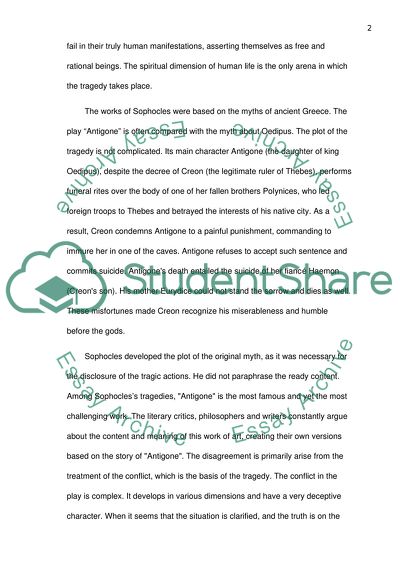Cite this document
(The Greatest Masterpieces of the Greek Philosopher Essay Example | Topics and Well Written Essays - 1750 words, n.d.)
The Greatest Masterpieces of the Greek Philosopher Essay Example | Topics and Well Written Essays - 1750 words. https://studentshare.org/philosophy/1660279-the-greatest-masterpieces-of-the-greek-philosopher
The Greatest Masterpieces of the Greek Philosopher Essay Example | Topics and Well Written Essays - 1750 words. https://studentshare.org/philosophy/1660279-the-greatest-masterpieces-of-the-greek-philosopher
(The Greatest Masterpieces of the Greek Philosopher Essay Example | Topics and Well Written Essays - 1750 Words)
The Greatest Masterpieces of the Greek Philosopher Essay Example | Topics and Well Written Essays - 1750 Words. https://studentshare.org/philosophy/1660279-the-greatest-masterpieces-of-the-greek-philosopher.
The Greatest Masterpieces of the Greek Philosopher Essay Example | Topics and Well Written Essays - 1750 Words. https://studentshare.org/philosophy/1660279-the-greatest-masterpieces-of-the-greek-philosopher.
“The Greatest Masterpieces of the Greek Philosopher Essay Example | Topics and Well Written Essays - 1750 Words”. https://studentshare.org/philosophy/1660279-the-greatest-masterpieces-of-the-greek-philosopher.


